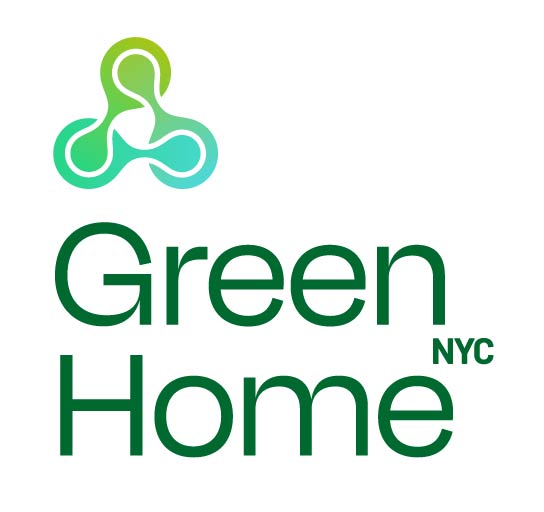Why green power?
Hello, have been considering switching to a green supplier of electricity for about a year or so, however the fact that it is slightly higher than what I’m paying for traditional electricity, is a major deterrent.
It was with great interest that I read Anne-Lise Breuning’s testimonial regarding her experience with switching, and wondered how satisfied she was with the switch some 2 years later. I would be interested to read an update or to be able to hear from other consumers who have made such a switch, before taking the plunge.
Although, I have to agree with her father who responded “Those bastards! Charging you more for green power, just goes straight in their pockets. They should be charging more for traditional power,” when she advised that she had made this switch. Why would anyone rationally switch given these circumstances? While altruistic motives might suffice for some, it certainly won’t encourage the masses to do so, which is what is required to really make a difference in the adverse effects of traditional energy consumption.
I therefore have to conclude that the utilities are less interested in improving the environment than they are in maintaining their exclusive ability to profit from whatever choices consumers ultimately make.
Jill
You have asked about a really great topic that I’m glad we now get to talk about. Green power is a way for anyone who pays an electric bill to directly impact future energy development and help phase out more harmful energy production technologies.
As it is currently set up in New York, most residents can buy green power from 4-6 different providers (Energy Service Companies – ESCOs) with different packages that provide power from different sources, such as wind or hydropower. The ESCOs supply whatever green power you buy from them to the electricity grid. ConEd delivers power from that grid to your house or building, handles your account, and provides customer service. If you buy green power from an ESCO, the transaction is handled through ConEd and shows up on your ConEd bill. There is absolutely no effort required on your part after the initial sign up and you will still be a ConEd Customer, but you can be assured that the green power you buy is actually being produced and is displacing dirtier power that has made up the majority of supply so far.
According to another person who recently signed up with ConEd Solutions, signing up only takes a few minutes by phone. I just did it a few minutes ago over the web and it took about 5 minutes (yes I should have done it a long time ago, but at least I’m on board now). A quick tip here is that prices are a bit cheaper on the web than over the phone. For a 3 bedroom apartment, it should range from just a few pennies more per month, to about $5-10 per month more depending on the package. Some of this cost is defrayed right now by a New York State rebate of $25 sent out after three months in the program.
You can think of the extra money as paying for the green attributes of energy rather than just paying more for the same energy. Just as you
might pay more for an ultraquiet air conditioner because the negative impact of a noisier model is absent, at this stage of our energy infrastructure development, we’re paying more for energy that lacks the negative impact of belching smokestacks, acid rain, and asthma.
You can find out more at 1-800-GRN-POWR or at http://www.poweryourway.com/pages/green.html#suppliers.
As to your conclusion that utilities care more about profit than the environment, you may be right but I think it’s sort of beside the point. I think the profit motive of businesses is more a fact of life that we should learn live with rather than a sore point we should begrudge. Putting money where our mouths are to support green power leverages that profit motive for environmental interests. While I would like to think it would be a better world if everyone had the utmost respect for the natural environment, I think that is either an unrealistic, or a very long
term goal. But we can, in the short term, work toward real environmental change with people who have disparate interests by aligning their
various incentives toward common goals.
I hope you find this useful.

Leave a Reply
You must be logged in to post a comment.